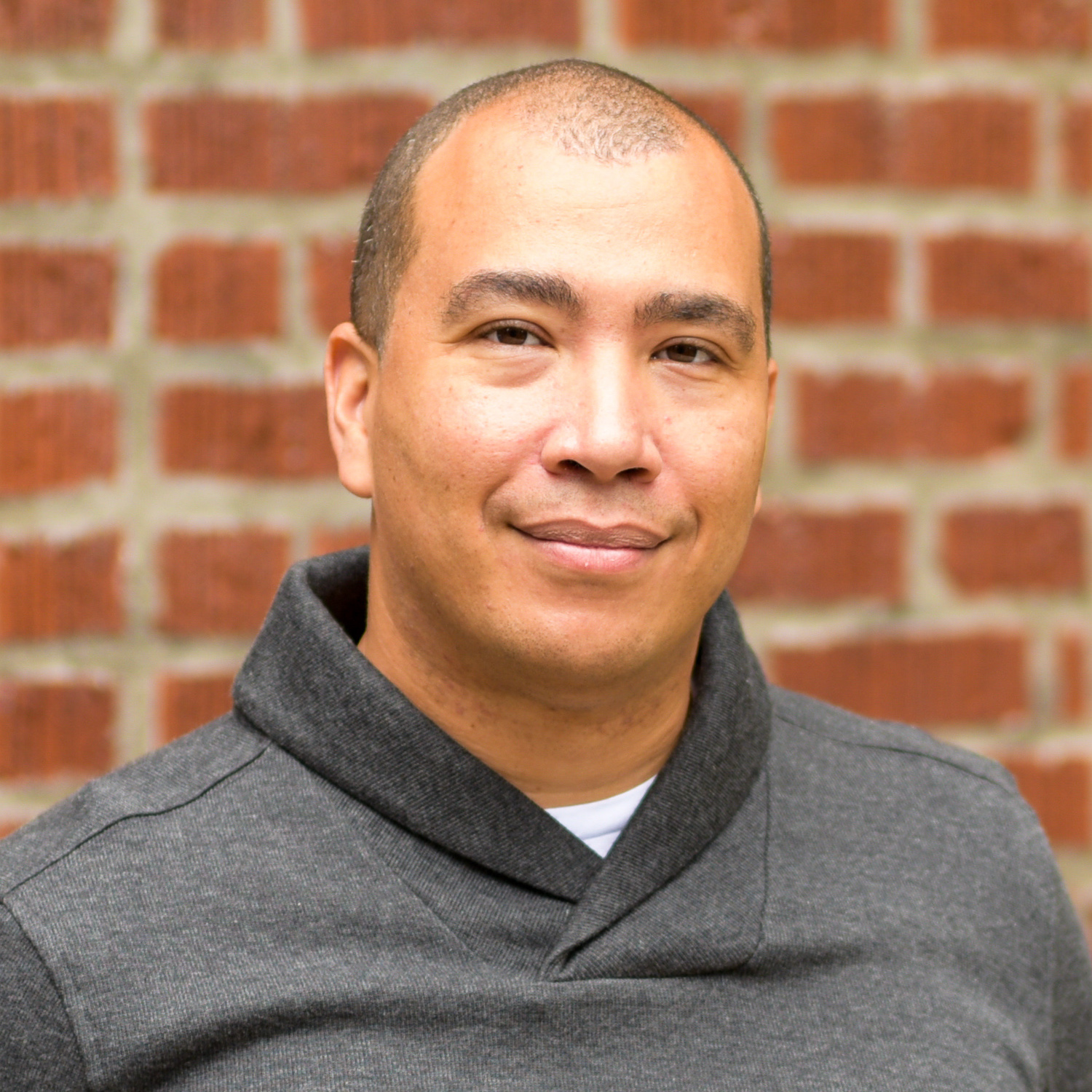I stumbled upon “Old Friends” by Ben Rector recently and had tears of joyful nostalgia. It made me think of the many teenage moments I shared with old friends, especially Scott:
- The time he shot me in the groin with a BB gun.
- The time he fell through the hole in my grandma’s house.
- The times we ganged up on his stepdad to harass him.
- The time we sat together and cried when his dad was dying.
- Too many campouts, fires, and Boy Scout adventures to count.
- The time he saved me from drowning during a failed rescue attempt and we spent the rest of the day standing next to the stoves in the kitchen to warm up.
- The time one punch resolved two weeks of inexplicable strife.
My relationship with Scott (and his family) was formative to who I am today, as were the relationships I had with Josh, Ashanti, and Scooter (another Scott who I had to give a nickname because it was too confusing for all of us to have two best friends named Scott). Most of us left our home town and life separated us, though I can call or meet with a few of them and pick up right where we left off.
What got me about the song, though, was the line “you can’t make old friends.” It’s clever and points to the truth: adult friendships are always secondary to spouses, kids, and (sometimes) jobs and can seem to lack that all-in, ride-or-die essence of teenage and early adult friendships.
But the reason it seems like we can’t make old friends is that we don’t make old friends. The friendships of our youth were forged from time, place, frequency, and (unintentional) prioritization. We met at school or church, hung out after school or on bus rides to sports events, stayed over at each others’ houses, got adopted by each other’s parents, and roped each other into whatever we were doing.
Most of us don’t make that type of investment in the would-be old friends that are all around us, and we thus end up with “associates” and people we know but aren’t friends with. We leave bonding to chance or “we should get togethers” that never happen. Or we try to be efficient and meet with others in group settings that inevitably keep us in the “we know each other” zone.
One of the many gifts from the hardships my wife and I faced in our early thirties was that we learned to prioritize our adult friendships. Every quarter, she and two girlfriends go hang out at a beach house; she goes on walks, tea meets, and occasional campouts with other friends. Cory and I dork around daily and usually do something every week; I talk to Jonathan multiple times a month, stay over at his house when I’m in town, and his daughter is our fictive niece. We both have a handful of tight friends that we see separately (and sometimes jointly) at least once a quarter. We’ve been in these relationships for over a decade and don’t see them ending, especially since some of them have been held together by virtual threads the whole time.
I’m so glad and grateful that we’ve made new old friends. We’re keeping each other whole through this period.
I bring this up today because you probably have some old friends you could reach out to and have nostalgic moments you can reminisce and laugh about together. And COVID has given us all an excuse to reach out to old friends to see what they’re up to and how they’re holding up.
At the same time, you may have some would-be old friends to check in with, too. The upshot of us not being able to meet in person is that the costs to meet are now zero and we may not be distracted by the environment we’re in. Instead of just being focused on how they’re doing, you could also talk about what they’re into, their favorite book or artist, the three things in their house they cherish most, or what five places they want to visit and why. Adult friendships are built on affinities and interests, so get to talking.
Now’s the perfect time to go make some new old friends or re-connect to the old friends you already have. Go make some moments that’ll trigger nostalgic tears in the years to come.
Originally published at productiveflourishing.com


